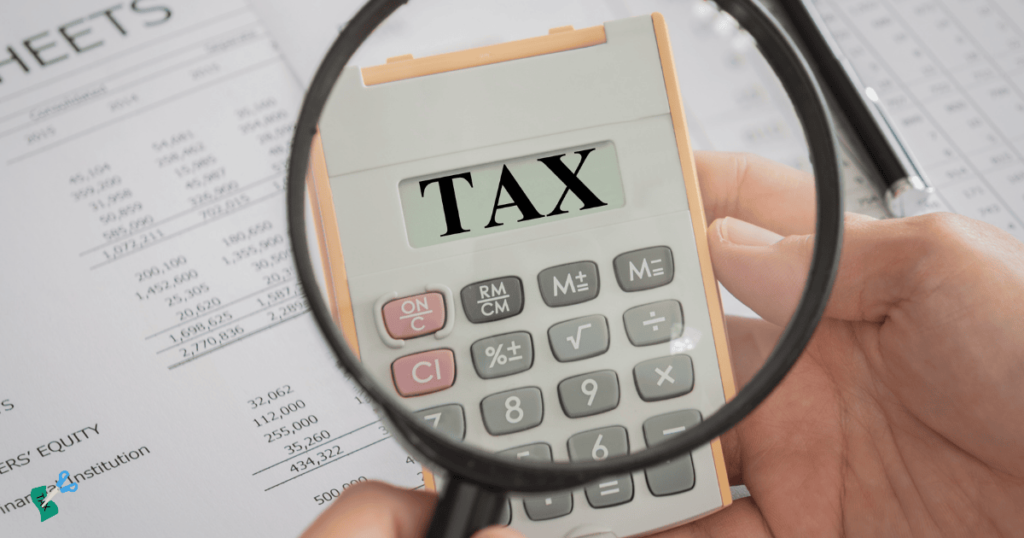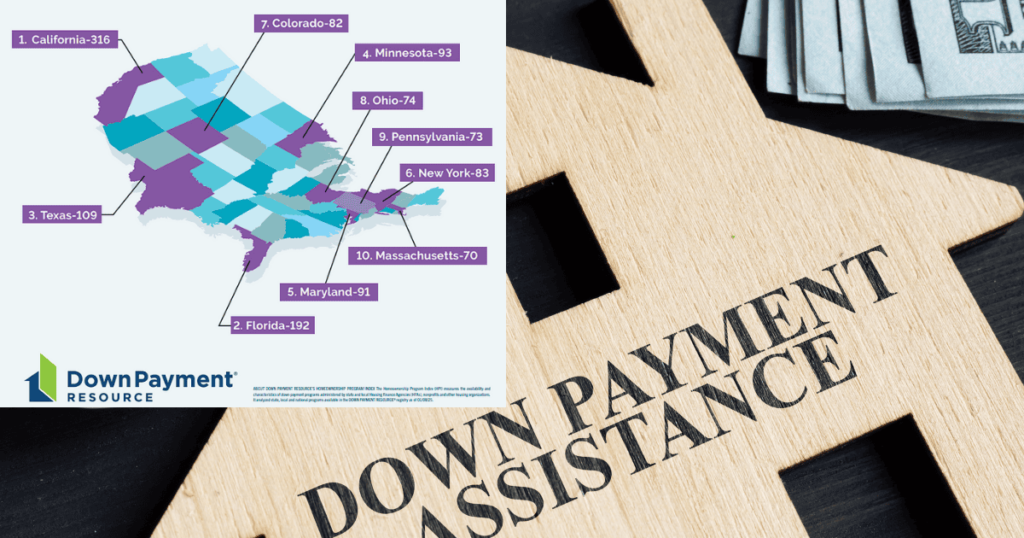Texas property tax exemptions are locally assessed and can be a significant part of a homeowner’s financial obligations. Fortunately, Texas provides several property tax exemptions that can reduce homeowners’ debts. This guide will walk you through the process of applying for homestead exemptions available in Texas, with a special focus on the specifics for Tarrant County and Dallas County. It will help you understand how homestead exemptions work and how they can save you money.
Table of Contents
Introduction to Homestead Exemption in Texas
Unlike many other states, Texas does not have a state property tax. Instead, property taxes are assessed by local appraisal districts, and they are based on the appraised value of the property unless exemptions are applied. Your local counties and city governments can offer partial and total property tax exemptions.
While tax exemptions can’t eliminate your property taxes, homestead exemptions can significantly reduce the taxable value of your home. With that, they are lowering the tax amount you owe each year. Some exemptions are mandatory, others are optional and depend on the local taxing authority.
Types of Property Tax Exemptions in Texas
General Residence Homestead Exemption
The general residence homestead exemption is one of the most commonly applied exemptions in Texas. This exemption reduces the taxable value of a homeowner’s primary residence, which can result in lower property taxes.
- Mandatory Exemption: All school districts in Texas must provide a $100,000 exemption for a homeowner’s homestead.
- Local Option Exemption: Local taxing units can provide additional exemptions of up to 20% of the property’s appraised value, though this cannot be less than $5,000.
Property Tax Exemption Cap
In addition to the exemption, Texas homeowners also benefit from a homestead cap, which limits the annual increase in the appraised value of the home to 10%. This cap helps protect homeowners from sharp increases in their property taxes, though the limit can increase if significant improvements are made to the home.
Other Mandatory Exemptions
Texas law also mandates other exemptions, including:
- $3,000 exemption for properties in certain counties that levy farm-to-market or flood control taxes.
- Exemptions for disabled veterans, elderly homeowners, and surviving spouses of qualified individuals.
Eligibility for the Homestead Exemption
Requirements for Homeowners
To qualify for a homestead exemption in Texas, homeowners must meet several criteria:
- Own and occupy the property as their primary residence.
- The home must be designed or adapted for human habitation.
- Homeowners must not claim a homestead exemption on any other property, either within or outside of Texas.
Key Documents Needed
When applying for a homestead exemption, homeowners will need to provide certain documents, including:
- Texas driver’s license or personal identification certificate showing the homestead address.
- Additional supporting documentation depends on the type of exemption being applied for (e.g., proof of disability or age).
Property Tax Exemptions in Tarrant and Dallas Counties
Property Tax Exemptions in Tarrant County
In Tarrant County, homeowners benefit from various property tax exemptions, including:
- General Residence Homestead Exemption: Provides up to $100,000 in exemptions for school taxes.
- 20% Local Option Exemption: As of June 2024, Tarrant County increased the exemption to 20% for both the Tarrant County Hospital District and the county itself. This change can result in significant savings for homeowners. For example, a home appraised at $350,000 could see a reduction of about $136.15 in taxes.
- Age 65 or Older and Disabled Person Exemptions: These exemptions include a tax ceiling to limit future increases in school taxes.
- Disabled Veteran Exemption: Veterans with 100% disability can receive an exemption on their homestead, as well as their surviving spouses.
Property Homestead Exemptions in Dallas County
In Dallas County, the Dallas Central Appraisal District (DCAD) offers similar exemptions, including:
- General Residence Homestead Exemption: All homeowners qualify for this exemption, which may reduce the taxable value of their home.
- Age 65 or Older Exemption: Seniors qualify for a tax ceiling, which limits future increases in school taxes.
- Disabled Person Exemption: Homeowners with disabilities may qualify for this exemption, which also includes a tax ceiling for school taxes.
- Disabled Veteran Exemption: Veterans with 100% disability and their surviving spouses are entitled to full exemptions on the taxable value of their homestead.
Application Process in Both Counties
To apply for any of these exemptions in Tarrant County or Dallas County, homeowners must submit their application and the required documents to the respective appraisal district. The process is generally straightforward, but it’s important to meet all deadlines to ensure timely approval and avoid any penalties or missed benefits.
Applying for a homestead exemption generally follows these steps:
- Obtain the application for the homestead exemption from the Texas Comptroller’s website or your local appraisal district.
- Prepare necessary documentation, such as proof of identification and other documents depending on the exemption type.
- Submit the application to the appropriate appraisal district by the specified deadline. For your county-specific application process, visit Tarrant Appraisal District or Dallas Central Appraisal District.
Where to Submit Applications
For homeowners in Tarrant County, applications can be submitted to:
Tarrant Appraisal District (TAD)
PO Box 185579
Fort Worth, TX 76181-0579
Or delivered in person to:
2500 Handley-Ederville Road
Fort Worth, TX 76118
For residents in Dallas County, applications should be mailed to:
Dallas Central Appraisal District (DCAD)
PO Box 560066
Dallas, TX 75356-0066
Or delivered to:
2949 N. Stemmons Freeway
Dallas, TX 75247
Deadlines
The general deadline for submitting homestead exemption applications in both counties is before May 1st of each year. However, homeowners who miss the deadline may still file late in certain cases.

Benefits of Property Tax Exemptions
Lower Tax Burden
The primary benefit of these exemptions is the reduction in the taxable value of your home, which can lower the property taxes you pay each year.
Protection from Rising Property Values
The homestead cap ensures that property taxes will not rise sharply from year to year, offering some financial protection against increasing home values.
Financial Relief for Vulnerable Homeowners
Exemptions for seniors, disabled individuals, and veterans provide crucial financial relief, making it easier for these groups to stay in their homes.
Conclusion
Property tax exemptions in Texas, particularly for Tarrant County and Dallas County, can provide significant savings to homeowners. Whether you qualify for the general residence homestead exemption, a disabled veteran exemption, or one of the other specialized exemptions, applying for and receiving these benefits can help reduce your annual property tax burden. Stay on top of deadlines and required documentation to make sure you maximize the benefits available to you.
Frequently Asked Questions
Can I apply for a homestead exemption if I recently moved into my home?
Yes, as long as you meet the other qualifications, you can apply for a homestead exemption after moving into your home.
How do I apply for a homestead exemption in Dallas or Tarrant County?
Submit the application and required documents to the appropriate appraisal district. You can apply online or by mail, depending on the county.
Can I receive both the Age 65+ and Disabled Person exemptions?
No, you cannot receive both exemptions from the same taxing unit. However, you may qualify for both from different units.
How much can the homestead cap save me on property taxes?
The homestead cap limits the increase in your home’s taxable value to 10% annually, helping to protect you from sharp increases in property taxes.
What if I miss the deadline for applying for a property tax exemption?
You may still be able to file for a late property tax exemption, but it’s important to check with your local appraisal district for any deadlines or penalties.




